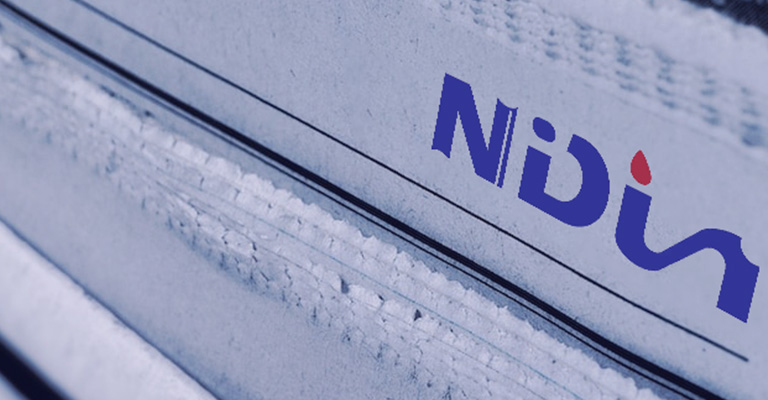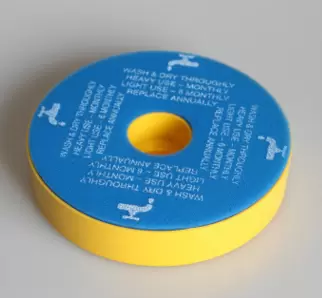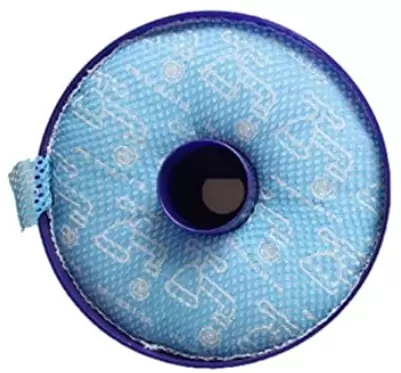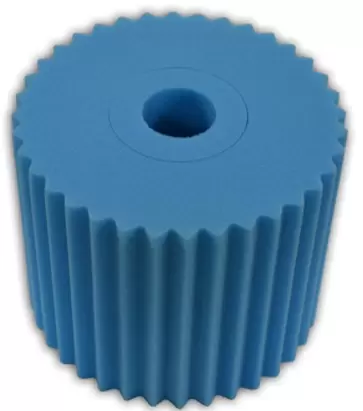Position: Home > About Us > News and Blog > Edge Sealing Filters in Industrial Applications: Why They Are Essential
Edge Sealing Filters in Industrial Applications: Why They Are Essential
Filtration is a crucial component of industrial processes across multiple sectors, ensuring clean air, fluids, and production environments. Among the various types of filters used in industrial settings, edge sealing filters play a critical role in enhancing efficiency, preventing leakage, and ensuring long-term reliability. This article explores the significance of edge sealing filters, their applications, benefits, and factors to consider when selecting them for industrial use.
Understanding Edge Sealing Filters
Edge sealing filters are designed with a sealed perimeter that prevents unfiltered air or fluid from bypassing the filtration media. This sealing mechanism enhances filtration efficiency by ensuring that all contaminants are captured within the filter rather than escaping through gaps or leaks. These filters are widely used in environments where air quality, sterility, and contamination control are paramount.
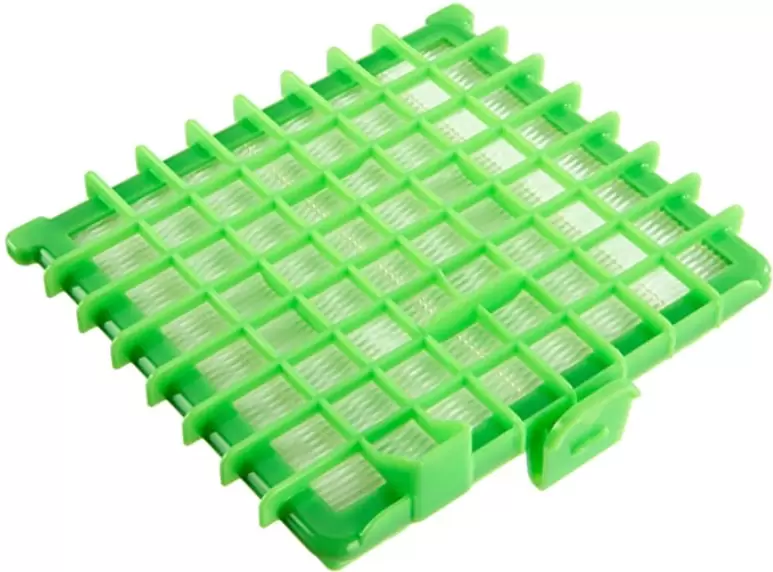
Applications of Edge Sealing Filters in Industry
1. Pharmaceutical and Cleanroom Environments
In pharmaceutical manufacturing and cleanrooms, even the smallest contaminants can compromise product integrity and safety. Edge sealing filters are essential in these environments as they provide a secure and leak-proof barrier that ensures only clean air circulates within controlled zones.
2. HVAC and Air Filtration Systems
Heating, ventilation, and air conditioning (HVAC) systems in industrial settings rely on edge sealing filters to improve indoor air quality. These filters help trap dust, microbes, and particulates, preventing them from entering workspaces, laboratories, and production lines.
3. Food and Beverage Industry
In food processing facilities, maintaining hygiene and preventing contamination are critical. Edge sealing filters help in maintaining sterile conditions by filtering out airborne contaminants, ensuring that food products remain safe for consumption.
4. Automotive and Paint Booths
Automotive manufacturing, particularly in painting applications, requires a dust-free environment to ensure a smooth finish. Edge sealing filters prevent dust particles from contaminating the painting process, leading to improved product quality.
5. Electronics and Semiconductor Industry
Microelectronics and semiconductor manufacturing require highly controlled environments. Edge sealing filters play a vital role in preventing microscopic dust and contaminants from affecting sensitive components during production.
6. Industrial Gas and Chemical Processing
Industries dealing with gases, chemicals, and volatile organic compounds (VOCs) need robust filtration solutions. Edge sealing filters help in capturing hazardous particulates and vapors, ensuring workplace safety and environmental compliance.
Benefits of Edge Sealing Filters
1. Enhanced Filtration Efficiency
The primary advantage of edge sealing filters is their superior filtration efficiency. By eliminating bypass leaks, they ensure that all air or fluid passes through the filtration media, capturing contaminants effectively.
2. Leak-Proof Performance
Conventional filters may allow unfiltered air or fluids to escape through gaps. The edge sealing mechanism provides a secure fit, ensuring that all impurities are removed from the system.
3. Extended Lifespan
Edge sealing filters are designed to last longer than traditional filters due to their enhanced sealing and structural integrity. This reduces the frequency of filter replacements, leading to lower maintenance costs.
4. Reduced Energy Consumption
Properly sealed filters improve the efficiency of industrial systems, reducing energy consumption by minimizing airflow resistance. This contributes to overall operational cost savings.
5. Compliance with Industry Standards
Many industries have strict regulations regarding air quality and contamination control. Edge sealing filters help businesses comply with industry standards such as ISO cleanroom requirements and HEPA filtration guidelines.
6. Improved Workplace Safety
By preventing the escape of hazardous particles and airborne contaminants, edge sealing filters contribute to a safer working environment, reducing health risks for employees.
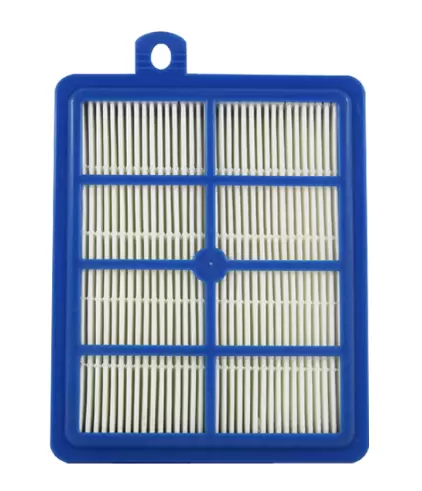
Factors to Consider When Selecting Edge Sealing Filters
1. Filtration Efficiency Rating
Depending on the industry and application, filtration efficiency is a critical factor. High-efficiency particulate air (HEPA) or ultra-low penetration air (ULPA) filters may be required for stringent environments.
2. Material Compatibility
The materials used in the filter and sealing mechanism should be compatible with the industrial environment, especially when dealing with chemicals, extreme temperatures, or high humidity.
3. Sealing Technology
Different edge sealing technologies are available, including polyurethane gaskets, foam seals, and gel seals. The choice of sealing technology should align with the specific application needs.
4. Pressure Drop Considerations
A filter with excessive pressure drop can hinder system performance. It is essential to balance filtration efficiency with optimal airflow to ensure seamless operations.
5. Environmental Impact
Sustainability is an increasing concern for industries. Choosing edge sealing filters with eco-friendly materials and recyclable components can contribute to environmental conservation efforts.
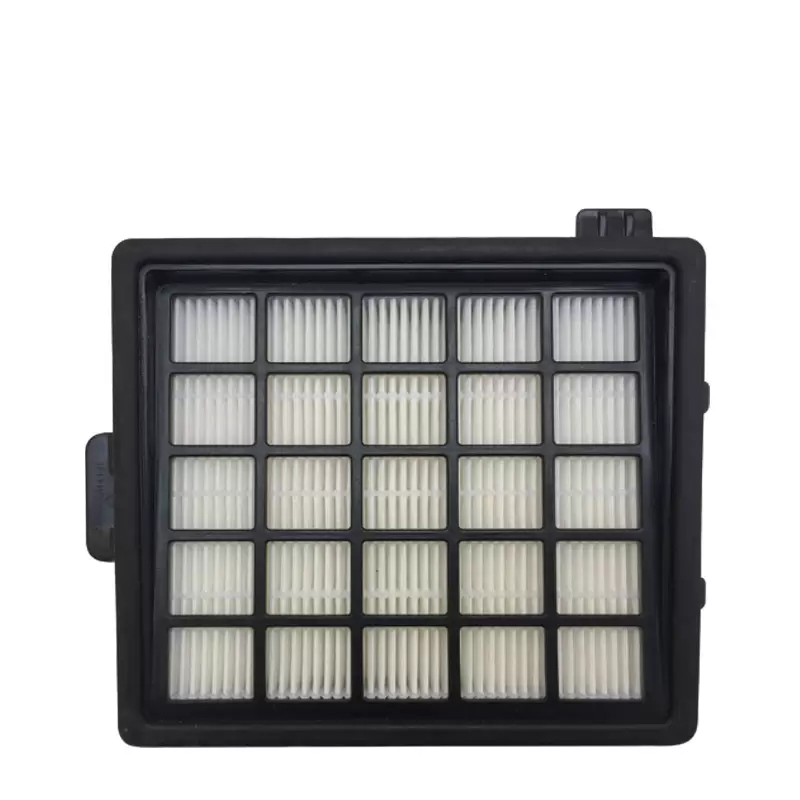
Conclusion
Edge sealing filters are indispensable in industrial applications where contamination control, air quality, and filtration efficiency are top priorities. Whether in pharmaceutical cleanrooms, HVAC systems, food processing, or semiconductor manufacturing, these filters play a crucial role in ensuring product quality, compliance with industry standards, and workplace safety. By selecting the right edge sealing filters based on efficiency, material compatibility, and sealing technology, industries can optimize performance, reduce operational costs, and enhance overall system reliability.
A Comprehensive Guide to Edge Sealing Filters: Types, Uses, and Advantages


